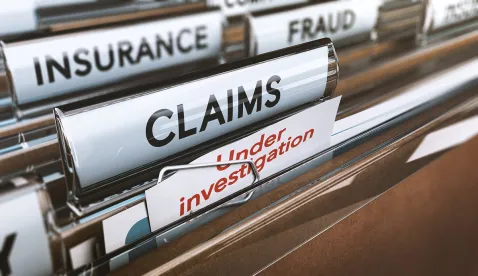In another victory for tribal policyholders, a second Oklahoma court recently granted summary judgment in favor of a tribe on its claim for business interruption losses caused by COVID‐19.
The Choctaw Nation was insured under an all‐risk Tribal Property Insurance Program policy. In Choctaw Nation of Oklahoma v. Lexington Insurance Company et al., it argued that it reasonably and responsibly closed its properties due to COVID‐19, and thereafter repaired its covered properties by implementing various mitigation protocols and modifications. These mitigation measured included, for instance, installing acrylic barriers and sanitation stations, staggering seating and gaming machines, and replacing air filters. The Nation thereafter reopened its properties on June 1, 2020.
In granting summary judgment, the court found it significant that the Tribal First property policy at issue covered “all risk of direct physical loss or damage” as opposed to simply “direct physical loss or damage” and that the policy in fact specifically provides coverage for imminent physical loss. The court also agreed with the Nation’s position that direct physical loss occurs when property is “rendered unusable for its intended purpose” and followed past case law in that regard, including the case of Elegant Massage v. State Farm.
The court also found it significant that the day after the Choctaw Nation filed suit, the defendant insurers added a new communicable disease exclusion in a renewal of the Tribal First policy. This change would have been unnecessary if the prior applicable version of the policy did not provide coverage. The court also determined that none of the insurers’ cited policy exclusions applied to bar coverage, including exclusions for pollution, contamination, and loss of use. Among other things, the court interpreted such exclusions to apply only to traditional environmental pollution claims and not pandemics.
Although other lawsuits under similar policies remain ongoing, this summary judgment ruling in favor of the Choctaw Nation represents yet another positive ruling for policyholders who are part of the Tribal Property Insurance Program.




 />i
/>i

